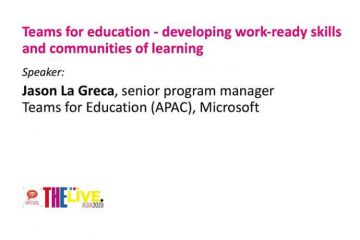"Learning how to learn" is the single most important teaching objective for universities as they prepare students for a 21st-century version of Darwin's survival of the fittest, a conference has heard.
Instead of adapting to the physical environment, today's graduates need to be flexible and able to respond quickly to an ever-changing intellectual environment, Alison Halstead, pro vice-chancellor for learning and teaching innovation at Aston University, was due to tell the Higher Education Academy's annual conference in Manchester this week.
"Today's students need much more than knowledge of their subject," Professor Halstead told Times Higher Education.
"In today's world, two of the key skills we need are to be flexible and adapt willingly and quickly. This agility enables us to survive according to Darwinian arguments. However, it is not the physical environment that we need to adapt to, but the intellectual one."
The biggest challenge to that objective is that young people are "spoon-fed" knowledge for school examinations, Professor Halstead said.
"This tutoring for the 'correct' exam answers has taken them further away from being independent learners.
"On entering higher education, many if not most students need lecturers to be focused on them learning how to learn, and academic staff need to adapt and respond to this need."
She argued that "teaching to learn" was fundamental to a successful and rewarding experience at university, but also for success beyond higher education.
Ann Close, visiting professor of nursing at Birmingham City University, was due to argue against the motion: "This house believes that learning how to learn is the only acceptable teaching objective for the 21st century."
Professor Close said that nurses needed to be taught specific content that covers safety and quality and also needed to examine how they can try to improve the patient experience.
"We have to look at content because we need to be sure nurses are learning the right things to be able to care for patients. If they don't, the consequences could be very serious," she said.
Register to continue
Why register?
- Registration is free and only takes a moment
- Once registered, you can read 3 articles a month
- Sign up for our newsletter
Subscribe
Or subscribe for unlimited access to:
- Unlimited access to news, views, insights & reviews
- Digital editions
- Digital access to THE’s university and college rankings analysis
Already registered or a current subscriber?







